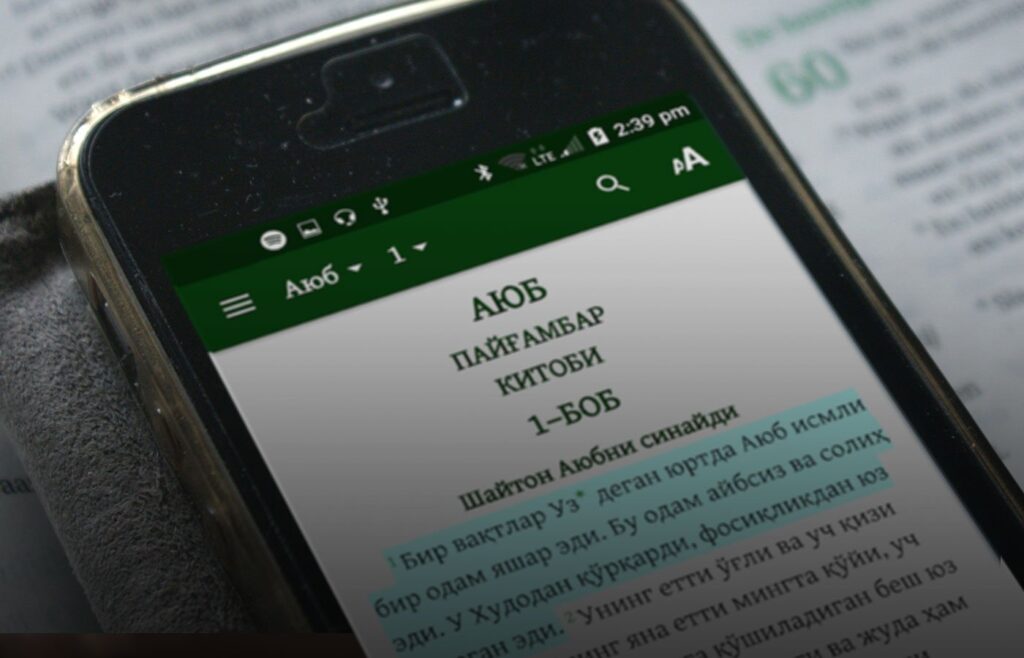One of the benefits of Bible translation is that the Bible isn’t the only thing translated into minority languages. Other materials like health information, cultural stories, and trauma healing literature are translated as well. This approach truly impacts every aspect of a person’s life–spiritual, emotional, and physical.
With the COVID-19 pandemic spreading around the world, there are many language communities who will not hear the same precautions that we are. Read below to see how our organization is trying to help.
COVID-19 doesn’t care what language you speak.
https://www.ethnologue.com/guides/health
All of us are at risk. But millions of people who speak lesser-known languages don’t have a single resource on COVID-19 yet. The information gap is enormous – and lives are at stake.
“Wash your hands” isn’t enough to combat this pandemic, but it’s already more than some communities are hearing. Below you can learn how to say it in many different languages and countries.
You can also download this About Coronavirus book for kids, with key guidelines translated into several languages. Are you multilingual? You could help us translate the book into more languages.
Spread the word, not the virus.






